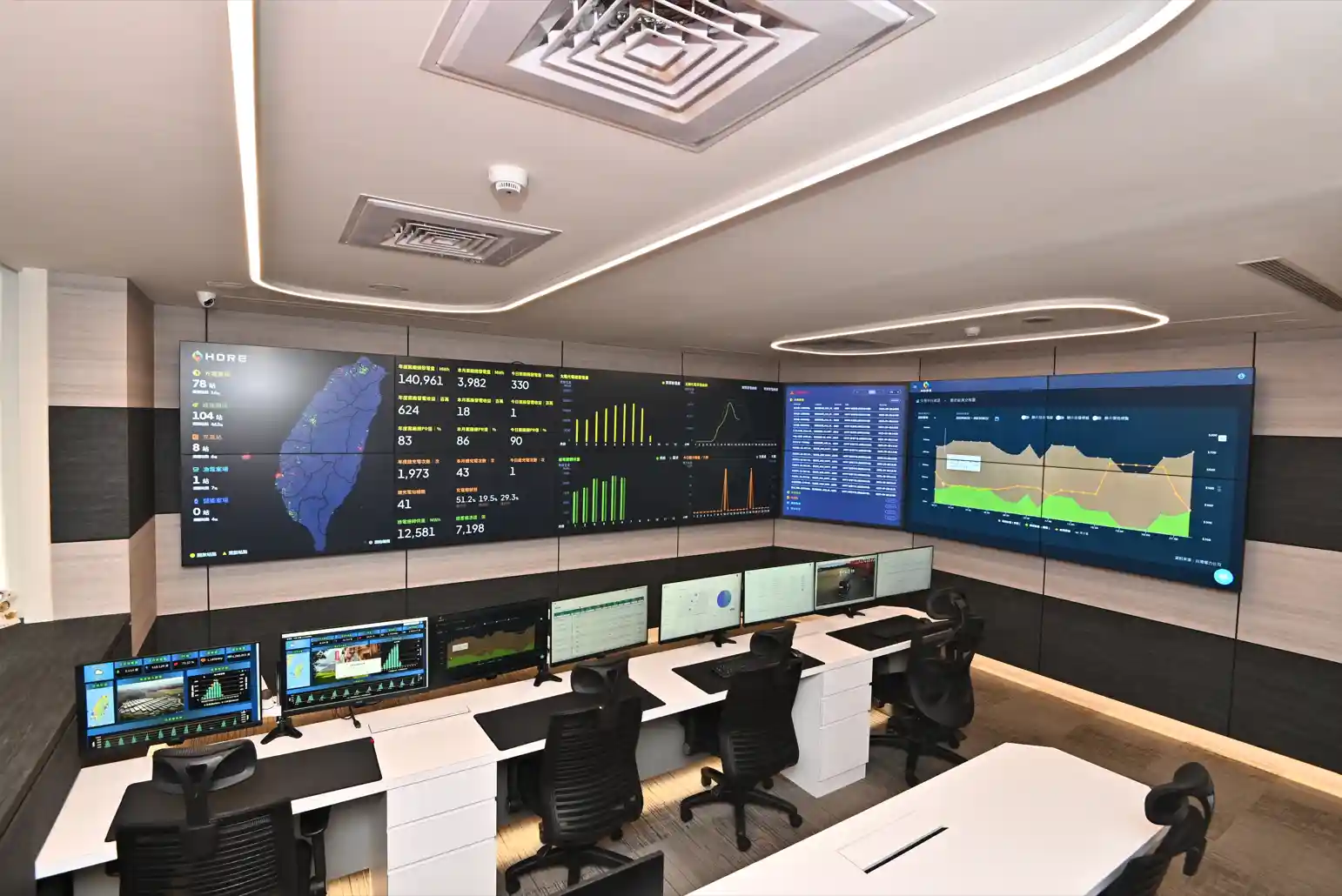HDRE Secures 73 MW Decarbonization Capacity Contract Receives 20-Year Subsidy from Japanese Government
HDRE Secures 73 MW Decarbonization Capacity Contract Receives 20-Year Subsidy from Japanese Government

HD Renewable Energy (HDRE) has established a local subsidiary in Japan and recently succeeded in securing 2 contracts in the Japanese government’s inaugural "Long-term Decarbonization Storage System Capacity Market" auction. The awarded capacity totals 73 MW, with a guaranteed 20-year Japanese government subsidy. The projects are located in Mie Prefecture, Kinki region, and Fukuoka, Kyushu, and are expected to commence operations in 2027. The total bid volume for this energy storage system exceeded 5 GW, with only 1.09 GW awarded. HDRE’s awarded capacity is 73 MW (with a storage device capacity of 97.9 MW), making it the first Taiwanese company to penetrate the Japanese storage system capacity market.
Shi-Chang Zhou, General Manager of HD Renewable Energy, aims to establish 1.5 GW of storage systems in Japan within 3 years, with an expected capital expenditure of NT$50 billion. Japan currently has 3 markets: "dReg, Spot, and Capacity." After setting up the project sites, HDRE will use AI-optimized analytical models to forecast and develop trading strategies based on different regions, markets, and trading products. This will determine the optimal times for charging and discharging to maximize profits.
HDRE is entering highly liberalized electricity markets like Japan and Australia. The company plans to leverage its comprehensive green energy integration competitive edge to act as an aggregator, matching supply and demand to form Virtual Power Plants (VPP). It will also integrate TITAN Energy Management System for software and hardware services, creating both wholesale and retail electricity businesses.
Zhou emphasized that the collapse of a power tower in Australia this February resulted in a spot market price surge to NT$300 per kWh. Using AI big data analysis, aggregators must consider variables affecting price fluctuations, such as generation, consumption, and weather. They must also perform bidding analysis based on different countries' energy structures and prices to maximize returns.
To achieve the goal of a carbon-neutral society by 2050, the Japanese government launched the long-term decarbonization power development plan in 2023. This plan includes capacity market tenders for power generation units and storage systems. Awardees must commence operations within a specified timeframe and will receive a 20-year subsidy from the Japanese government. In response to the decarbonized energy scenario with a high proportion of renewable energy, storage systems must provide at least three hours of service capacity daily to ensure sufficient flexible dispatch resources for the power market.
